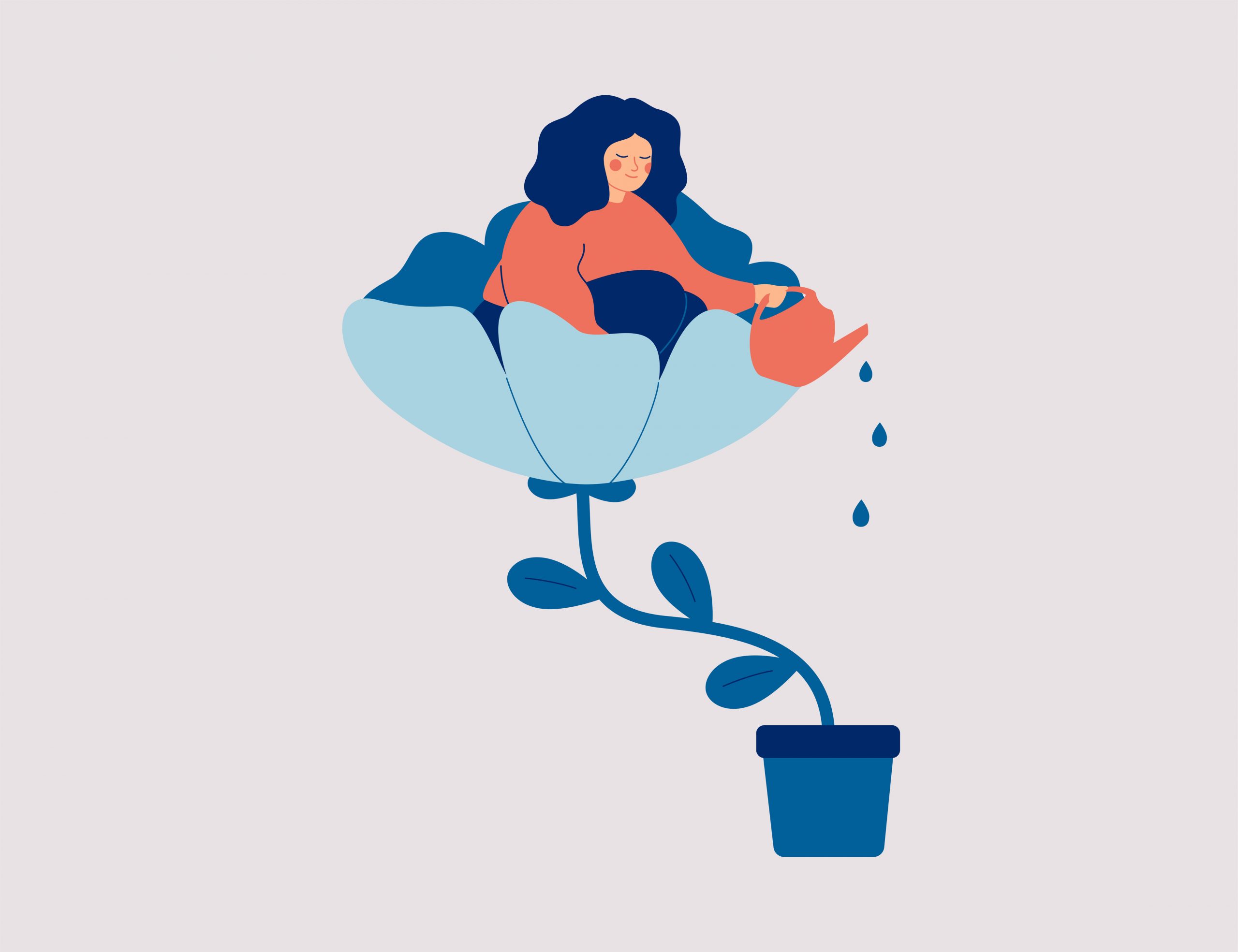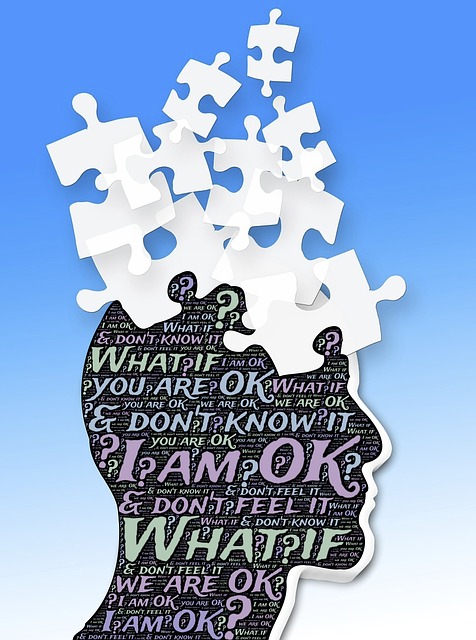
What is survivor’s guilt? Google dictionary describes it this way:
A condition of persistent mental and emotional stress experienced by someone who has survived an incident in which others died. For example, “He escaped with his life but suffered from survivor’s guilt.”
This is the definition most people think of as “survivor’s guilt.” But mental health professionals and therapists know that this concept applies far more widely than this description would suggest. Because we see survivor’s guilt in our offices every single day, but it’s a slightly different type.
How Therapists Define Survivor’s Guilt
The guilt people often experience as they make healthy choices and take steps to heal themselves emotionally, as each step takes them farther away from the dysfunctional people in their lives.
For many hard-working, well-meaning folks, there is no way around it: in order to heal yourself, you must leave someone behind.
Healing from abuse, trauma, or childhood emotional neglect (CEN) is accomplished by taking a series of small steps. As you make healthy changes in yourself and your life, each of these small steps takes you somewhere. You are literally moving forward.
Subtle shifts in your perspective on what happened to you, the sharing of your experience with another person, or the validation of your feelings; as you take these steps, bit by bit, you change.
As you change yourself, you are, in an important way, saving yourself. You may be pulling yourself out of a deep hole that you have shared with some important family or long-time friends. You may be taking steps out of an addiction or a depression or a dysfunctional social system.
Whichever it is, you will probably not be able to save everyone (more on that later in this blog). At some point, you may face a fateful choice. Do I save myself? Is it wrong to do so? What about the people I have shared dysfunction with all these years?
This is the petri dish in which your survivor’s guilt is born.
A Comment Shared By a Reader of My Blog, Unedited
There are no words for feelings in my family and I have always been astonished when I read what you say about the role of parents in educating children as to emotions–that they’re valid, they have names, they’re normal and they can be appropriately managed without making kids feel bad about themselves.
To this day, bringing up anything emotional–and after all the self-work I’ve done, I’ve gotten bolder and more forthcoming about my feelings–is like shouting at a wall. “There’s no there there.”
My parents have zero words for emotions. No response capability. This stuff does not exist. And at last, I am seeing how it has made me feel: nowadays, pretty darn frustrated! (In childhood, just plain awful.) Learning about CEN and working on it is like finally emerging from the edge of the dark woods and seeing the sun at last, and realizing my entire family is deep in the woods, still. Do I step out, without them? that’s the choice I feel, and it’s painful either way.”
***************
This reader describes what many people feel. And it illustrates, in some very important ways, what an unfair situation survivor’s guilt is. When you have the courage to face your pain and the fortitude to take steps to save yourself, you truly have nothing to feel guilty about.
Is it hard to leave people suffering as you gain perspective, make better choices, and feel stronger? Yes. Should you try to pull your people forward with you? You can try. Will it work? In some cases, it may. But here’s the key question.
Is it your responsibility to pull your people forward with you? Unless they are your dependent children, the answer is NO. It is not.
Why It’s Not Your Responsibility to Save Your Friends or Family
This will be a very short section because the answer is very simple. It is a straightforward truth that can nevertheless take a lifetime to learn. It is this:
You cannot save another person. You can give them a boost, but ultimately, they must save themselves.
In reality, the best way to bring another person along is to give them the information they may need to have in order to take the steps themselves. Then, save yourself. In doing so, you provide them a role model, and an example of what courage, strength, and healing look like. You show them what they can do if they so choose. You make yourself available for support if they decide to follow.
There. Your job is done. Keep taking steps. Keep making yourself happier, healthier, and stronger. Fight back that survivor’s guilt.
And thrive.
Comments From Brave People Who Saved Themselves, Unedited
Both From: 3 Different Things That Cause Anxiety and Their 3 Different Solutions
Comment #1
I am having to (and had to) let several relationships go including family (not so easy) and friends (not so easy when you still have other friends (who are worth keeping) in common. Like Shakespeare said, “To thine own self be true.” I would rather not have family or friends if they are toxic and not good for me. What is wonderful is being able to tell the difference and developing the feeling of indifference over past relationships (or even ongoing) that are not worthy of me. At any rate, all worth it.
Comment #2
As I became more determined to heal from childhood emotional neglect, I learned that telling the truth was essential. To my surprise and grief, telling the truth has cost me virtually all my friendships. It finally struck me that all of my friendships had grown out of my dysfunction. As I gained a clearer picture of myself, CEN, and dysfunctional coping strategies, I realized all of my “friends” were severely disturbed individuals (“misery loves company”). I was the only one facing the challenge of finding healthy ways of relating. Sick people run from healthy behaviors. When we turn and face the truth, and begin to choose different behaviors, our relationships begin to look very different too. I see this as evolution but it’s hard to let go of old ways and old relationships that keep you from functioning. I now have several solid friendships that feel very, very different from the old ones. I’m trying to get used to it!
To find many more resources about Childhood Emotional Neglect, see the author’s Bio below this article.
Learn about Childhood Emotional Neglect, how it happens in the life of a child, and how to heal it in the books Running On Empty and Running On Empty No More.
This article was originally published in psychcentral.com. It has been updated and republished here with the
permission of the author and psychcentral.

